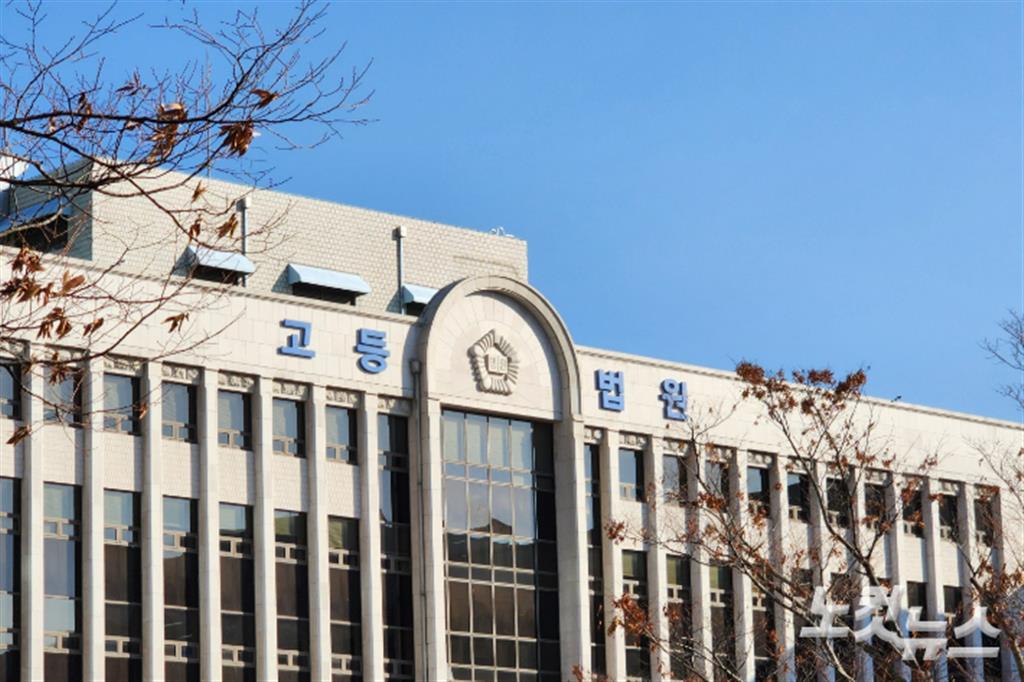The court rejected the government’s proposal for third-party compensation because it excludes the participation and apology of the Japanese companies involved.
The decision, made by a court of first instance in the southwestern city of Gwangju, came after the government initiated proceedings the day before to compensate 4 victims of forced labor during Japan’s colonial rule over the Korean peninsula between 1910 and 1945.
The affected people, who were among the 15 who won a lawsuit against Japanese companies in a 2018 South Korean Supreme Court ruling, vehemently protested against the government’s plan to compensate them on their own through a public foundation.
According to analysts, the Gwangju court’s decision could damage Seoul’s third-party compensation plan, which was drawn up in an effort to improve strained ties with Tokyo.
In a statement issued Tuesday, the South Korean Foreign Ministry regretted the decision, saying the matter had undergone a thorough legal review before initiating the process, and vowed not to accept the court’s decision.
ef/ybc/mem/nvo










